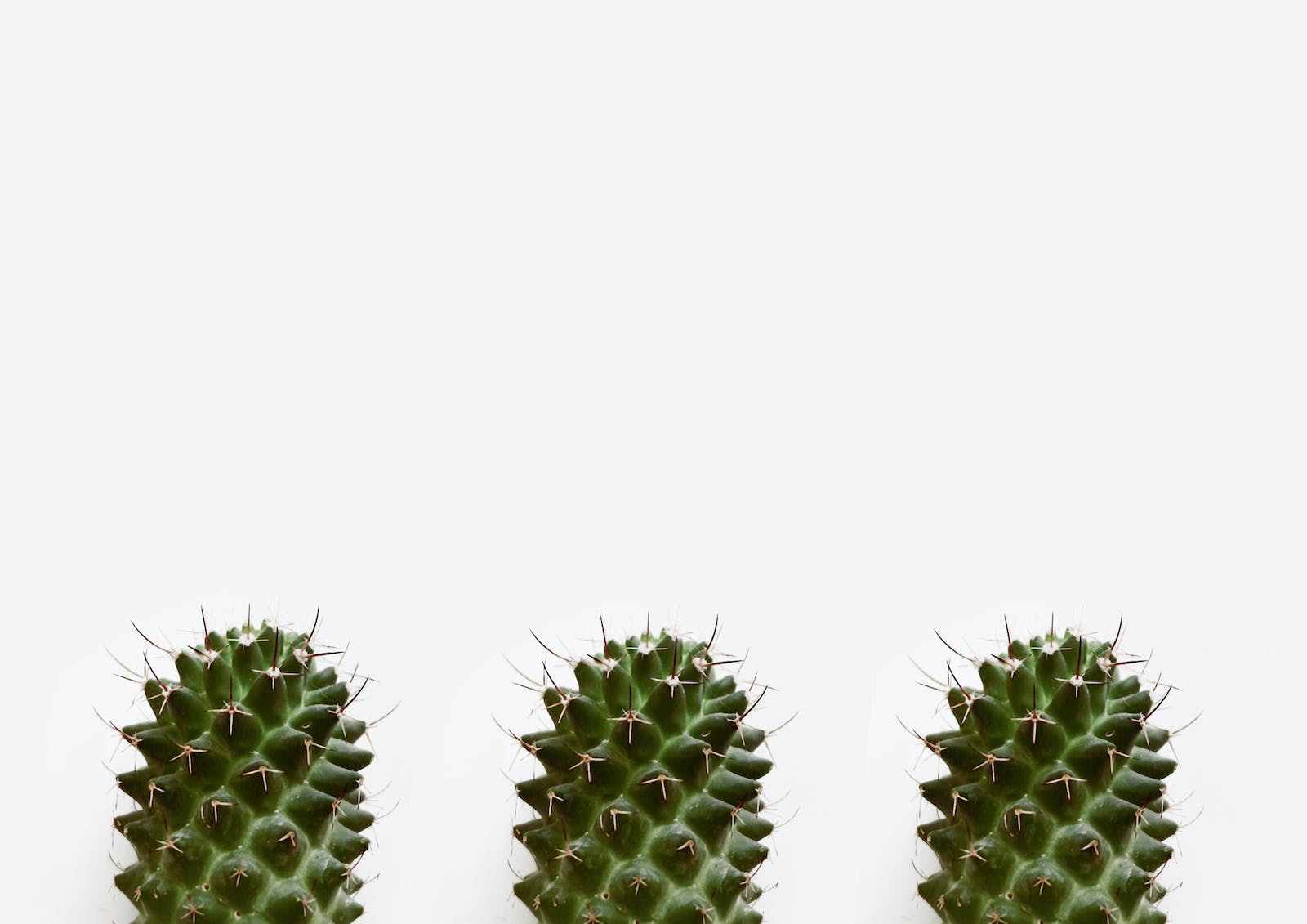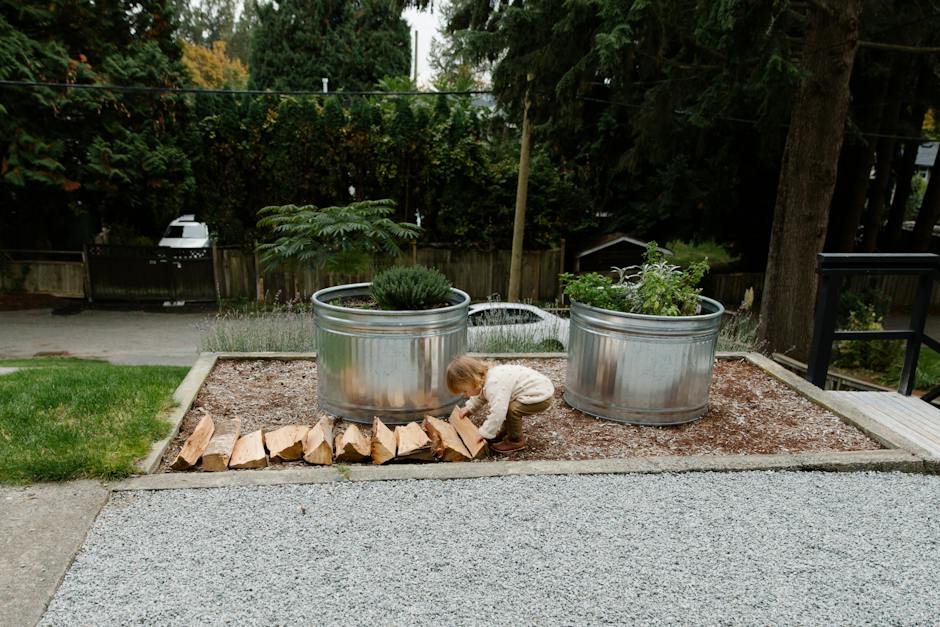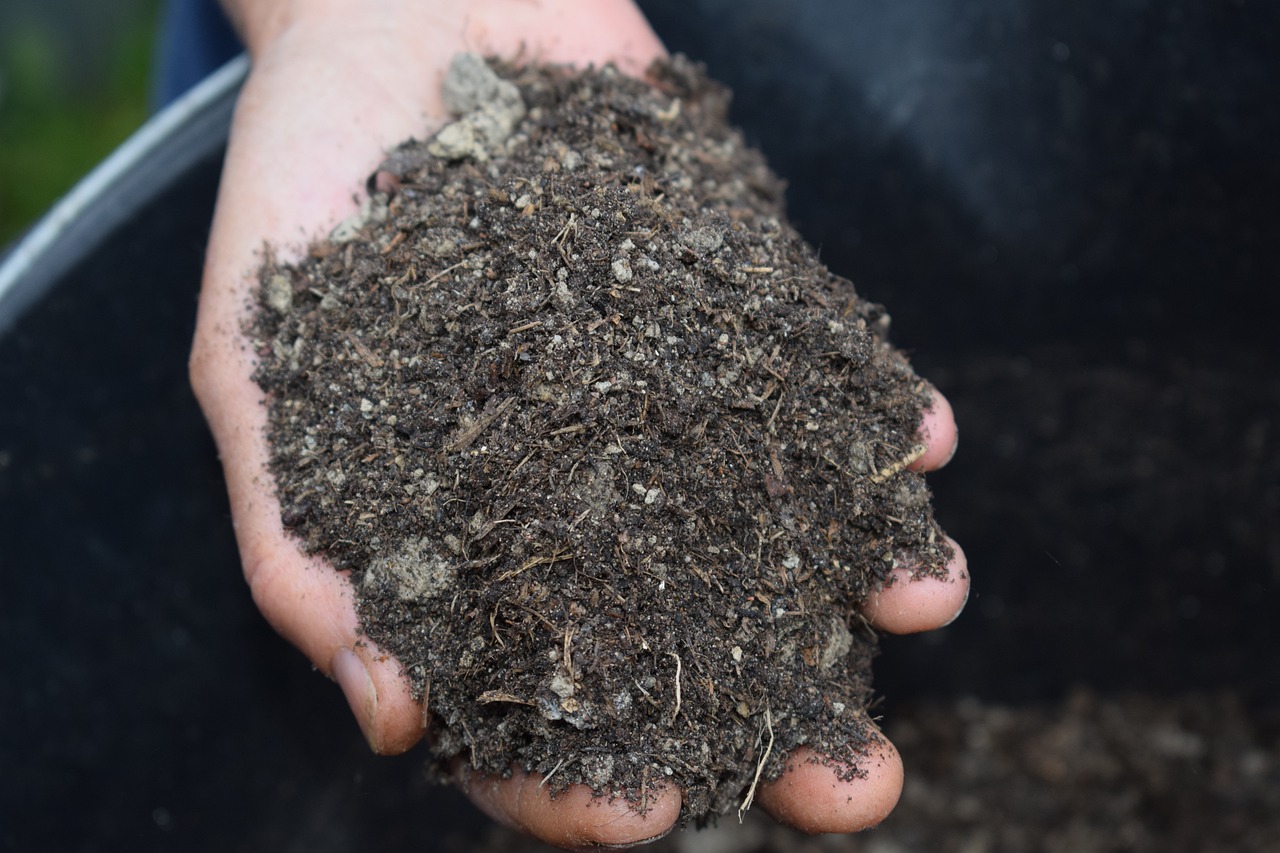The Pros and Cons of Having Plants in Your Home
Discover the Benefits and Drawbacks of Indoor Greenery
Having plants in your home can bring a touch of nature indoors and add a sense of tranquility to your living space. In addition to being aesthetically pleasing, indoor plants also have numerous other benefits. However, there are also some drawbacks to consider. In this article, we will explore the advantages and disadvantages of incorporating plants into your home.
From improving air quality to reducing stress levels, plants can have a significant impact on your overall well-being. On the other hand, they require maintenance and can sometimes attract pests. Let's delve into the pros and cons of having plants in your home to help you make an informed decision about whether indoor greenery is right for you.
Pros
Indoor plants offer a wide range of benefits that can enhance both your physical and emotional well-being. Here are some compelling reasons why having plants in your home can be advantageous:
Improved Air Quality
Plants are natural air purifiers, absorbing carbon dioxide and releasing oxygen through the process of photosynthesis. Additionally, certain plants can also remove harmful toxins from the air, including formaldehyde and benzene, which are commonly found in indoor environments.
Enhanced Mental Health
Research has shown that being around plants can reduce stress, anxiety, and depression. Indoor greenery can promote a sense of calmness and improve overall mood, contributing to a healthier mental state.
Boosted Productivity
Having plants in the workplace or home office has been linked to increased productivity and creativity. The presence of greenery can help in reducing mental fatigue and improving focus, ultimately leading to better performance.
Natural Humidifiers
Plants release moisture vapor during transpiration, which can increase the humidity levels in the air. This is particularly beneficial during dry winter months when indoor air tends to become excessively dry, potentially leading to respiratory issues.
Aesthetic Appeal
Indoor plants can add a pop of color and life to any room, creating a visually appealing and inviting atmosphere. They can serve as decorative elements, enhancing the overall aesthetic of your living space.
Improved Focus and Attention
It has been suggested that the presence of indoor plants can improve concentration and cognitive function. This can be especially beneficial in areas where mental acuity is required, such as workspaces and study areas.
Connection to Nature
Bringing elements of nature indoors can help foster a sense of connection to the natural world. This can be particularly valuable for individuals who do not have access to outdoor green spaces or live in urban environments.
Stress Reduction
Having plants in your home can help reduce stress and promote relaxation. The presence of greenery has been shown to lower cortisol levels and induce a sense of calm, creating a peaceful environment for occupants.
Aromatherapy
Certain plants can emit pleasant fragrances, contributing to a natural form of aromatherapy. Aromatic plants such as lavender or jasmine can help in relaxation and stress reduction, enhancing the overall well-being of individuals in the space.
Missing a pro?
Let us know which pro you are missing!
Cons
While there are numerous benefits to having plants in your home, there are also some potential downsides that should be taken into consideration. Here are a few drawbacks to be mindful of:
Maintenance Requirements
Indoor plants require regular maintenance, including watering, pruning, and repotting. Failing to provide adequate care can lead to wilting, pest infestations, and ultimately, the demise of your plants.
Allergies and Sensitivities
Certain individuals may be allergic to pollen or mold spores produced by indoor plants. This can lead to respiratory issues, allergic reactions, or exacerbation of existing allergies.
Attracting Pests
In some cases, indoor plants can attract pests such as gnats, mites, or aphids. Controlling and eradicating these pests can be challenging and may require the use of chemical treatments that may not be desirable in indoor spaces.
Toxicity Concerns
Some common houseplants are toxic to pets and humans if ingested. This can pose a risk, especially in households with young children or pets who may inadvertently come into contact with or consume parts of the plants.
Space and Clutter
Adding plants to a limited living space can create a sense of clutter, particularly if not adequately organized. Finding suitable spots for the plants and ensuring they receive adequate light can be challenging in smaller homes or apartments.
Potential for Overwatering
While plants need water to survive, overwatering can lead to root rot and attract pests. It's important for individuals to properly manage the watering schedule to prevent issues associated with excessive moisture.
Limited Pet Safety
Some common household plants can be toxic to pets if ingested, posing a risk to the well-being of animals within the home. Pet owners should carefully research plants to ensure they are non-toxic to their pets.
Missing a con?
Let us know which con you are missing!
Conclusion
In conclusion, having plants in your home offers a myriad of benefits, from purifying the air to improving mental well-being. However, it's essential to be mindful of the potential drawbacks, such as maintenance requirements and allergens. By weighing the pros and cons, you can determine whether integrating plants into your living space aligns with your lifestyle and preferences.
What do you think?
Do you think the pros outweigh the cons?









